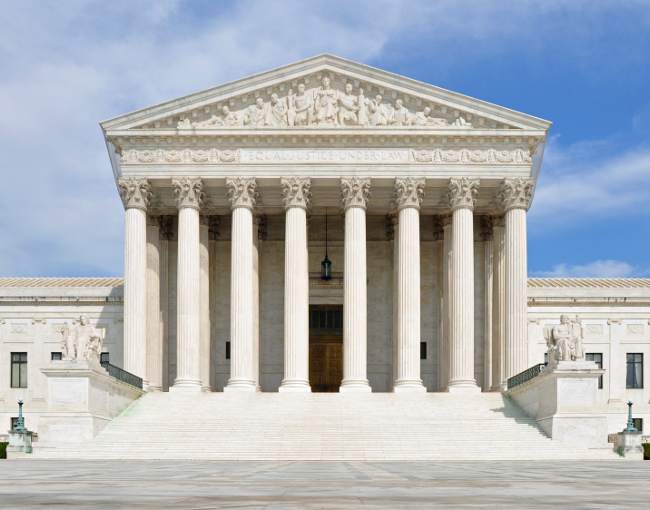On the intersection of regulation and industry, ambiguity can provide vital demanding situations. However something turns out obvious underneath the False Claims Act (“FCA”) for well being care entities filing compensation claims to the federal government: for those who
subjectively imagine that your claims are or could be false, you most probably have the considered necessary intent to violate the FCA. And this idea might grasp true even though there may be technically some ambiguity concerning the details underlying the representations
inherent in presenting your declare to the federal government.
On June 1, 2023, in U.S. ex rel. Schutte v. Supervalu Inc. and U.S. ex rel. Proctor v. Safeway, Inc., the U.S. Ideal Court docket unanimously showed the FCA’s intent same old, retaining that the FCA’s scienter part activates one’s subjective wisdom, somewhat than what an objectively cheap particular person will have recognized or believed. The Court docket overturned the former seventh Circuit choices with identical however distinct qui tams movements introduced in opposition to two retail chain pharmacies
in regards to the pharmacies’ reporting in their “standard and common” costs. In the ones instances, the seventh Circuit carried out the intent same old followed through the Ideal Court docket underneath the Honest Credit score Reporting Act in Safeco Ins. Co. of The usa v. Burr,
551 U.S. 47 (2007), retaining that the defendant pharmacies may just now not be discovered to have acted with considered necessary intent underneath the FCA if their behavior used to be in step with any objectively cheap interpretation of the regulation. In every case, the defendant
pharmacies argued that the trade definition of “standard and common” is unclear. As a result of their movements had been objectively cheap for the reason that ambiguity, consistent with the pharmacies and the seventh Circuit, the appellate court docket
held that the defendant pharmacies may just now not have acted with intent underneath the FCA.
The Ideal Court docket disagreed. To violate the FCA, the Court docket first famous, an individual will have to act with fraudulent intent. The FCA defines that intent 3 ways: exact wisdom, planned lack of expertise, or reckless overlook for the reality. In Schutte & Proctor, the Court docket reasoned that best subjective intent is related in figuring out legal responsibility underneath the FCA. In consequence, what an objectively cheap particular person will have recognized or believed in regards to the falsity of the declare is inappropriate for FCA legal responsibility and won’t save the defendant who in reality idea that its claims had been or could be false when submitted, however the stated ambiguity about “standard and common.”
The Court docket’s resolution makes transparent that a physician will probably be liable underneath the FCA if the supplier submits a declare and in reality is aware of such declare is fake, is subjectively acutely aware of a considerable chance that its declare is fake, or is subjectively acutely aware of the sort of considerable and unjustifiable chance of falsity however submits the declare anyway. Despite the fact that trade ambiguity would possibly nonetheless exist in sure bureaucracy, reminiscent of within the sophisticated global of drug/pharmacy value reporting, an objectively cheap particular person same old can not save a supplier from being discovered to have acted with the considered necessary fraudulent intent underneath the FCA.
After all, even if the Court docket made transparent that it didn’t grant certiorari to come to a decision the true which means of “standard and common” pricing, it’s noteworthy that the Court docket mentioned one of the proof cited through the relators as to the defendant pharmacies’ (alleged) wisdom concerning the falsity of the costs they reported. A number of the doable details that might be related to figuring out the pharmacies’ subjective intent underneath the Court docket’s resolution are emails and different artifacts in all probability suggesting that the defendants attempted to cover sure pricing knowledge when reporting different figures to the federal government. Even if the Ideal Court docket didn’t grasp that such proof does, if truth be told, meet the subjective intent same old showed in Schutte and Proctor, it can be an uphill struggle to conquer such proof, and serves as a reminder concerning the doable have an effect on of each day inner communications in FCA instances.
Joyce Harris-Hennessy and Nicole Jobe are companions in Thompson Coburn’s Well being Legislation Apply Staff.

